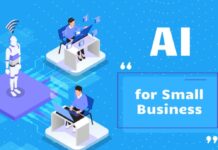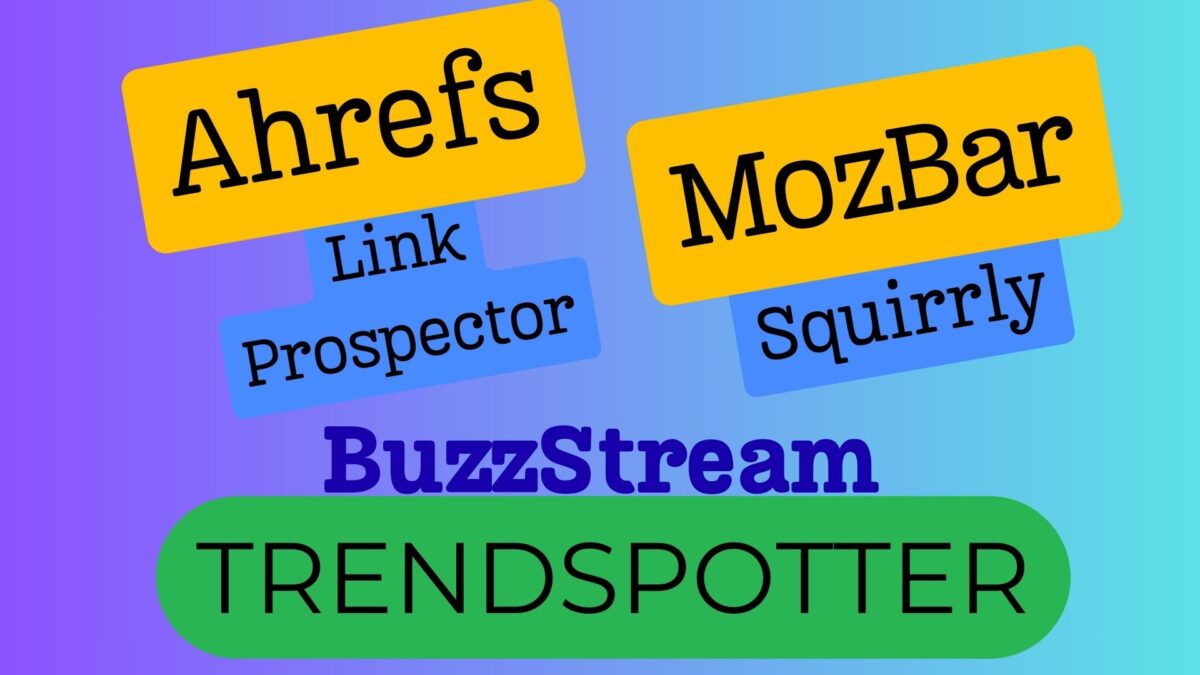Introduction
Artificial Intelligence (AI) is revolutionizing industries worldwide, reshaping how businesses operate, and transforming the job market. While AI brings automation and efficiency, it also sparks concerns about job security and career shifts. Understanding these changes is crucial to staying relevant in today’s evolving workforce.
The Growing Impact of AI on Employment
AI is affecting jobs across various industries. While automation replaces some roles, it also creates new opportunities. Let’s explore the key areas where AI is making a significant impact:
1. AI and Automation: Jobs at Risk
Certain repetitive and manual jobs are at high risk of being automated:
- Manufacturing & Assembly Line Jobs: AI-powered robots are replacing factory workers for tasks like packaging and assembly.
- Retail & Cashier Jobs: Self-checkout kiosks and AI-powered inventory management are reducing the need for human cashiers.
- Data Entry & Administrative Roles: AI-driven software can handle large amounts of data faster than humans.
2. New Job Opportunities Created by AI
Despite automation, AI is generating demand for skilled professionals in various domains:
- AI Specialists & Machine Learning Engineers: Companies seek experts to develop and maintain AI systems.
- Cybersecurity Analysts: As AI-powered systems grow, cybersecurity threats also increase, requiring skilled professionals.
- Data Scientists & AI Ethics Experts: AI’s role in decision-making calls for ethical considerations and regulation.
- AI Jobs: The rise of AI technology is creating new career opportunities in AI research, development, and deployment.
3. Industries Benefiting from AI Integration
AI isn’t just replacing jobs; it’s enhancing efficiency and creating new roles:
- Healthcare: AI assists in disease diagnosis, robotic surgeries, and medical research.
- Finance: AI-driven analytics help predict stock market trends and detect fraud.
- Marketing: AI tools optimize digital campaigns, content creation, and audience targeting.

How to Stay Relevant in an AI-Driven Job Market
The key to thriving in this new era is upskilling and adapting. Here’s what you can do:
1. Develop In-Demand Skills
- Learn AI & Machine Learning: Courses on platforms like Coursera, Udemy, and LinkedIn Learning can help.
- Improve Digital Literacy: Familiarize yourself with automation tools and data analysis.
- Strengthen Soft Skills: Creativity, problem-solving, and emotional intelligence remain irreplaceable by AI.
2. Explore AI-Resilient Careers
Some careers are less likely to be automated, such as:
- Healthcare Professionals: AI can assist, but doctors and nurses require human touch.
- Creative Industries: Writers, artists, and designers thrive on innovation AI cannot fully replicate.
- Education & Training: Teaching and coaching require human understanding and emotional intelligence.
3. Adapt to AI-Friendly Work Environments
- Work with AI, Not Against It: Learn how AI tools can enhance productivity in your field.
- Stay Updated on AI Trends: Follow AI news and research to stay ahead of industry changes.
Future of Work: Is AI a Threat or an Opportunity?
While AI-driven automation may replace certain jobs, it also opens doors to innovation and economic growth. Governments and organizations must focus on workforce reskilling programs to bridge the gap between technology and employment.
Conclusion
AI is transforming the job market at an unprecedented pace. Instead of fearing job loss, individuals should embrace AI, upskill, and explore new opportunities in AI-driven industries. By staying adaptable, future-proofing skills, and leveraging AI to enhance productivity, professionals can navigate this evolving landscape successfully.









